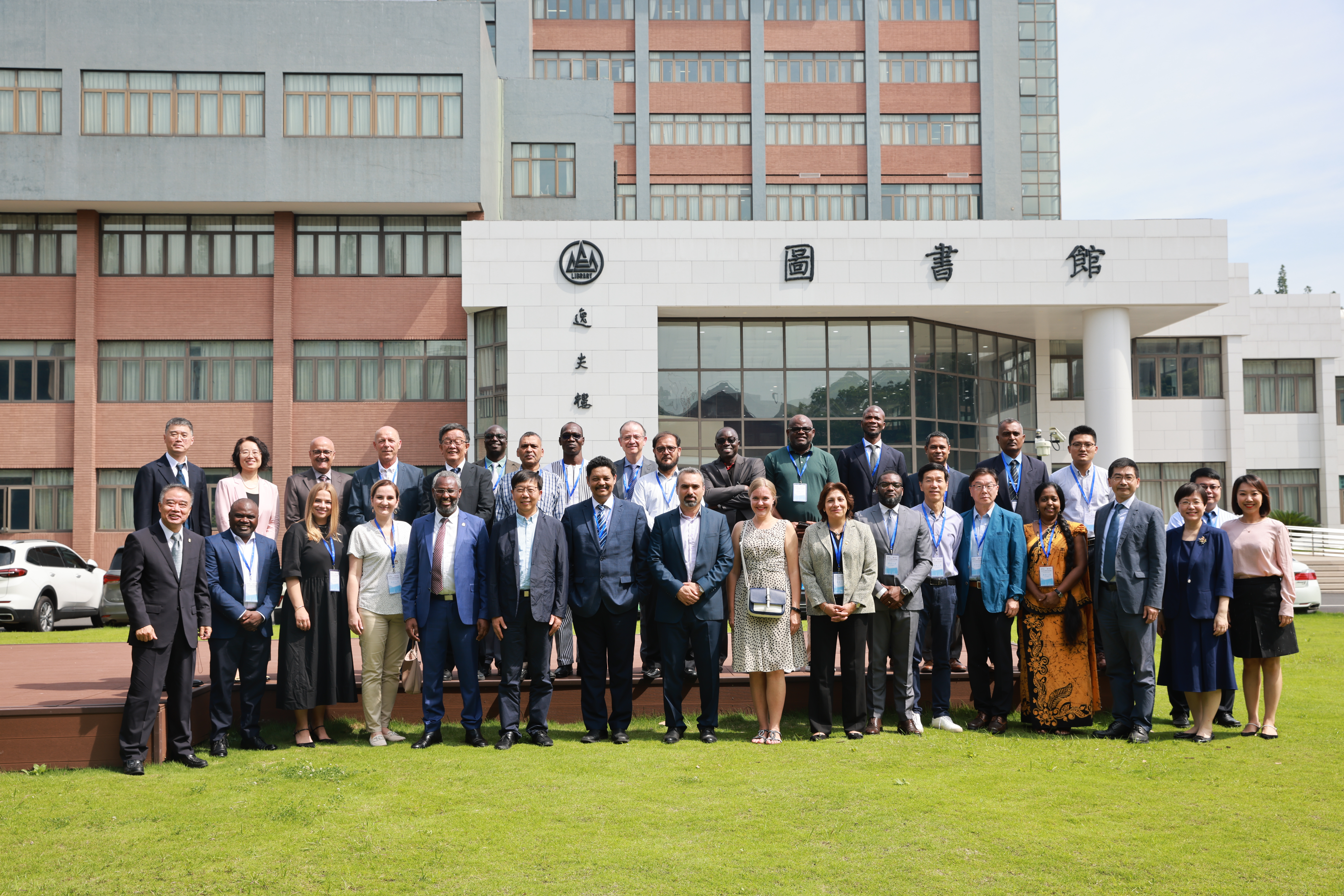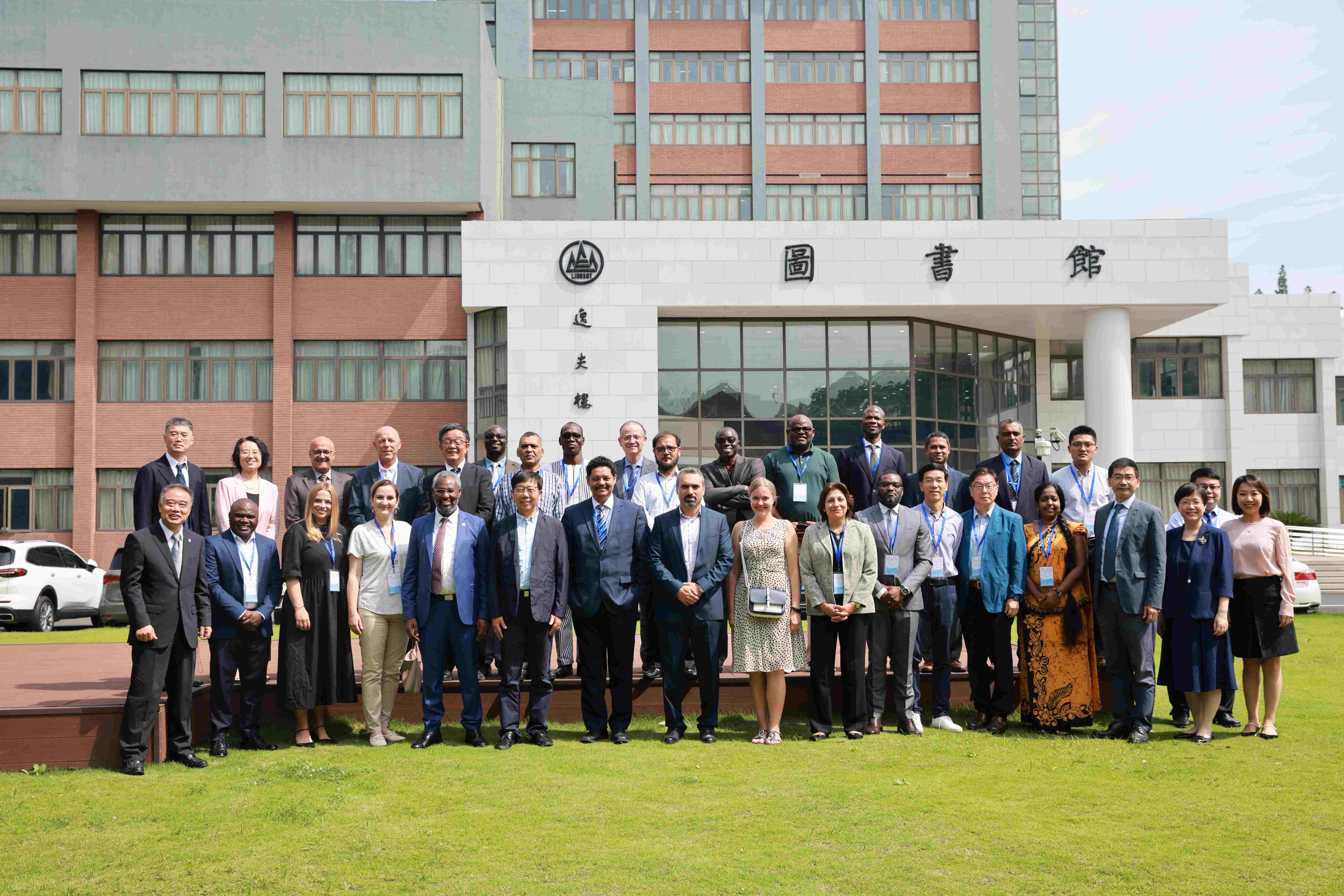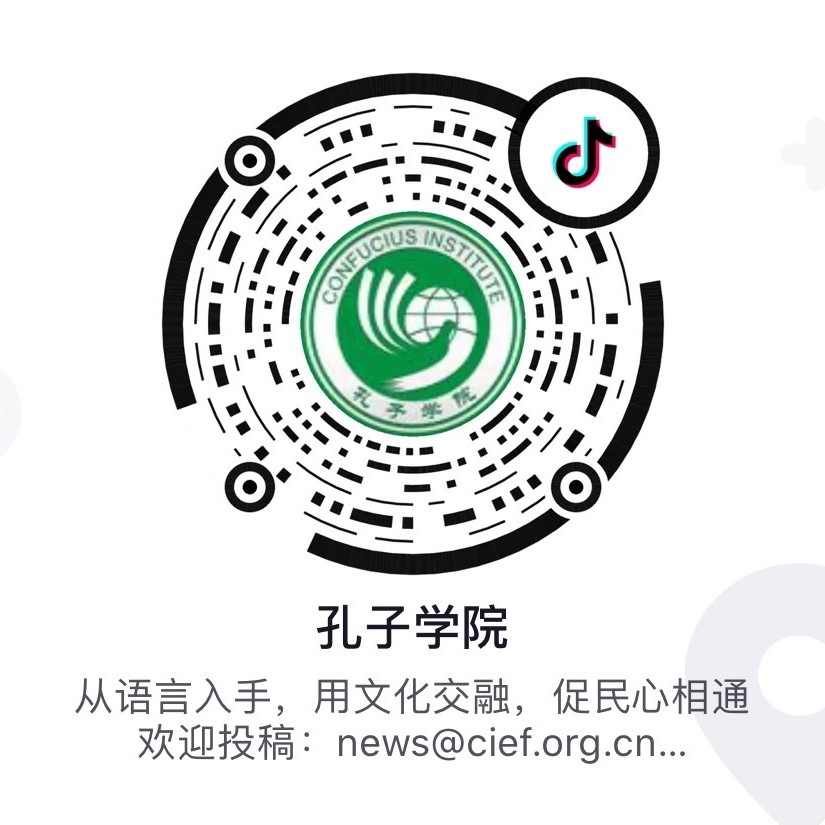On July 4th, the 2023 Training Workshop for Foreign Directors of Confucius Institutes (CI) began in Shanghai. It is sponsored by the Chinese International Education Foundation (CIEF) and organized by East China Normal University. A total of 27 CI foreign directors and heads of Confucius Classrooms from 25 countries are participating in a nine-day training workshop.
Zhao Lingshan, vice president and secretary-general of CIEF, attended the opening ceremony and delivered a speech, warmly welcoming the directors who gathered in China for the first time since the pandemic. He expressed sincere respect and best wishes to all foreign directors who have been steadfastly working despite the challenges of the severe pandemic that have included the absence of Chinese personnel. He then outlined the developmental changes within CI since the establishment of CIEF three years ago. Last but not least, he raised three expectations for the foreign directors. First, to be the leaders of CIs, working closely with Chinese directors and harnessing the resources of partner universities and regions. Second, to promote the development of CIs in the local area, expanding their connections and seeking more support from local universities and external partners. Third, to be the think tank of CIEF, providing valuable opinions and suggestions for the continuous development of CIs.
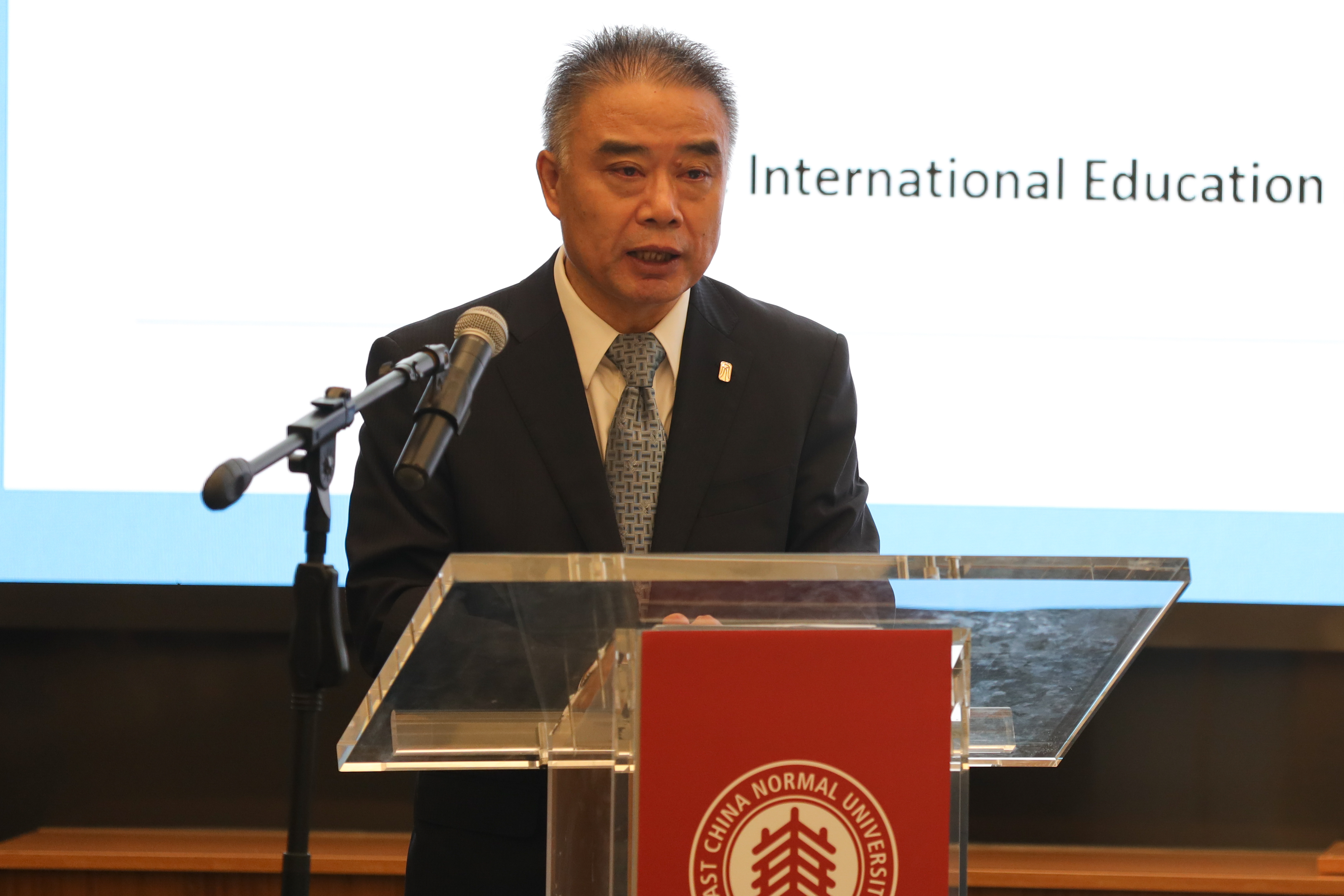
Zhang Junli, vice secretary-general of CIEF, gave a special report entitled “The Inheritance and Development of the Confucius Institute.” She systematically introduced the responsibilities and key projects of CIEF as well as the developmental process of CI. She also provided suggestions for promoting the development of CI under the new mechanism and advised the foreign directors about how to fulfill their roles more effectively.
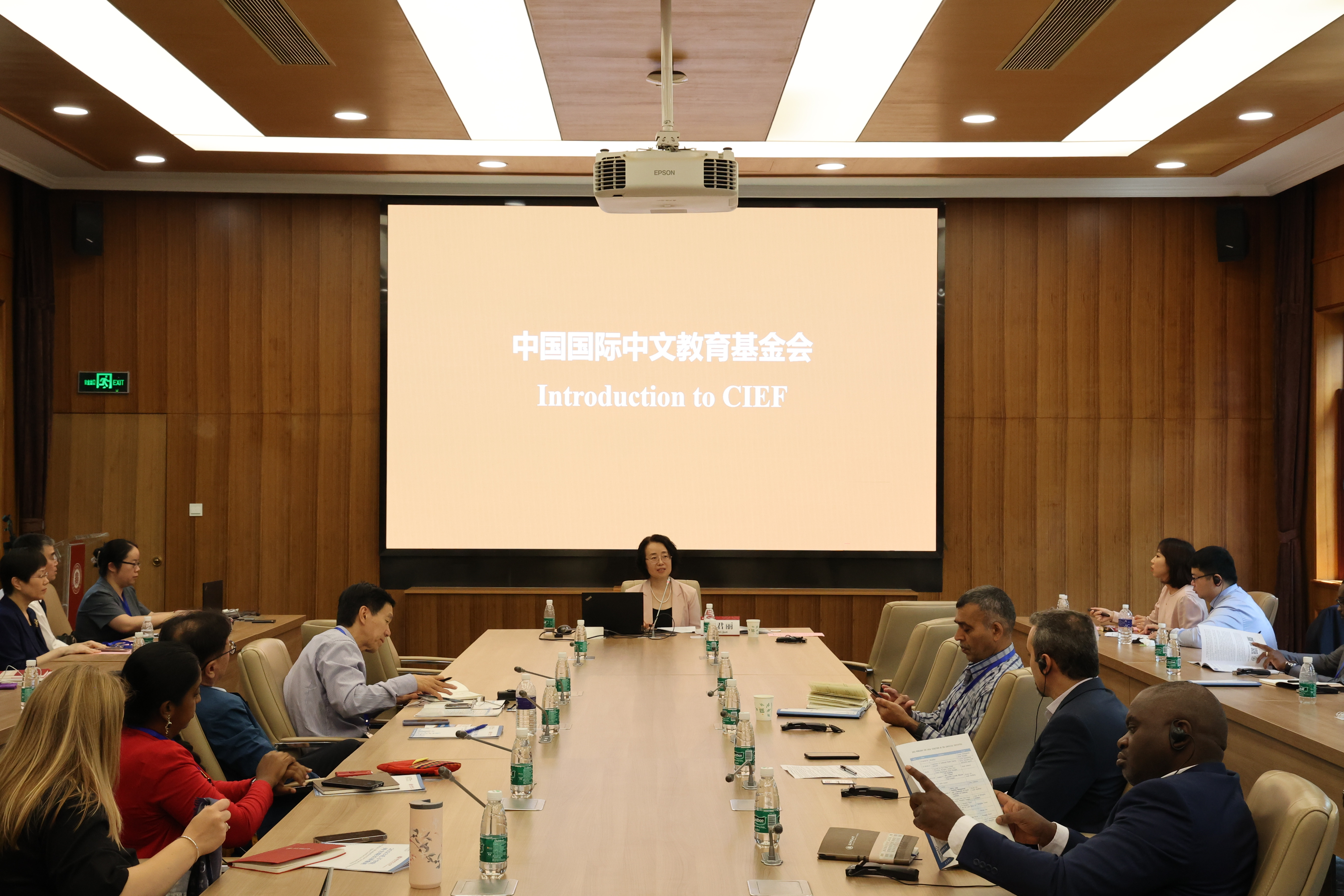
The opening ceremony was presided over by Gu Hongliang, vice president of East China Normal University, and President Qian Xuhong attended and delivered a welcome speech. Through special lectures, thematic discussions, field trips, and cultural experiences, this training workshop will enable foreign directors to have a deeper understanding of the charm and cultural connotations of the Chinese language. It will also allow them to experience firsthand the achievements and current status of China’s economy, education, and technology. Finally, the training program will further stimulate their sense of identification with the cause of CI, thereby contributing to the promotion of cultural exchanges between China and foreign countries.
